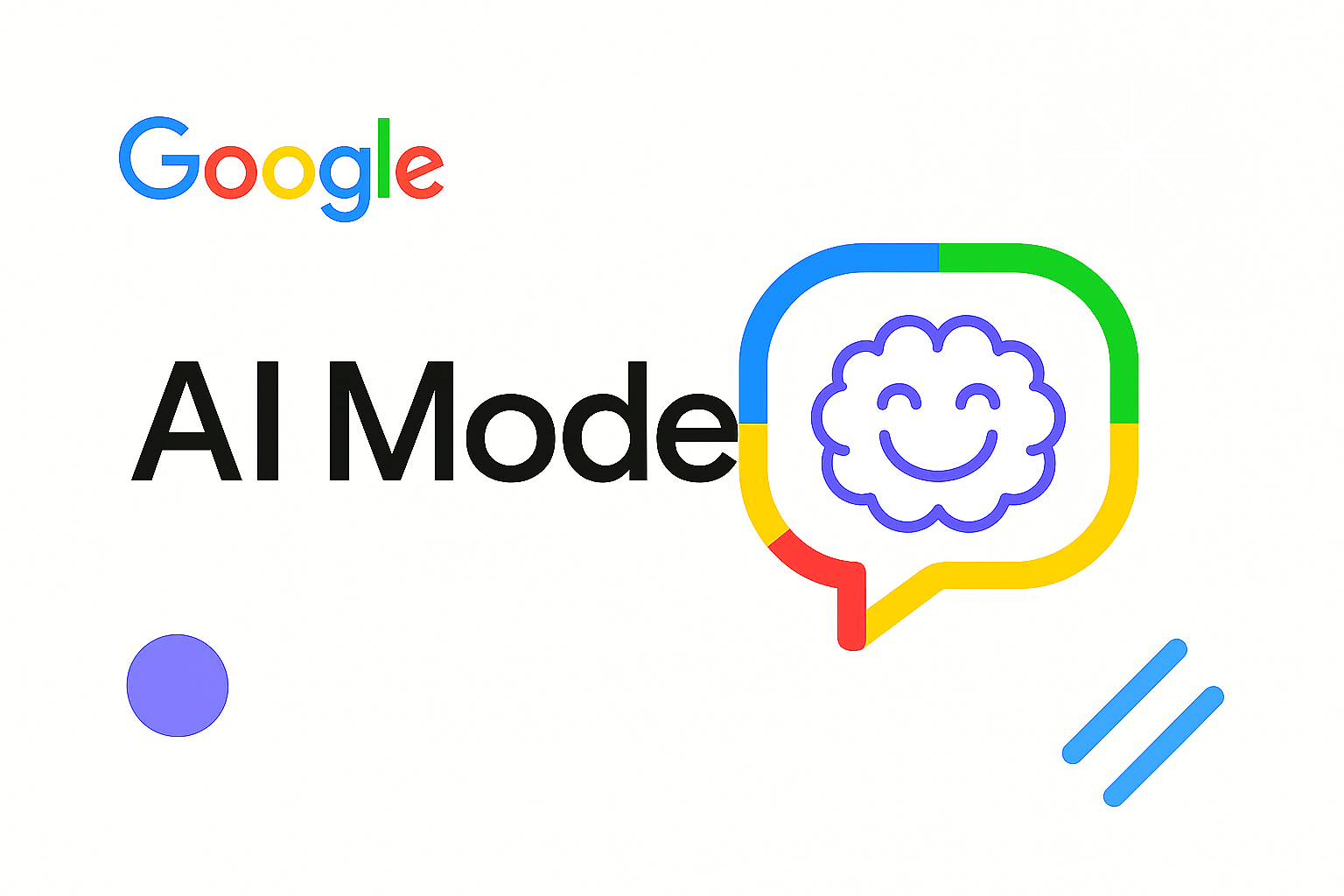
Search Engine Friendly Content Management Systems
by CueBlocksA Content Management System (CMS) has traditionally been regarded as bad when it comes to Search Engines. In many cases, its still true.
Content Management systems were not designed for Search Engines. The objective was to allows the site owner to edit his website easily (usually just the content and images). The content is stored in a database and the webpage is generated on the fly when a user requests for one.
Why CMS became search engine un-friendly?
The restrictive approach caused a lot of problems. From dynamic urls that contained special characters and no keywords to common meta tags for all pages, the content management systems became more of a roadblock than a help.
Search Engine Friendly CMS
Today, most Content Management Systems have improved drastically. They are user AND Search Engine friendly. The open source CMSs had much more support and came through faster. However, many implementors still have trouble setting up the CMS is a search engine friendly way. Its very important to ensure that your CMS has all the required plugins/contributions installed to make it search engine friendly. There are lots of content management systems available today. But you need to look for one that:
- has valid and clean HTML
- maximum flexibility
- allows you to customize it
- can be integrated with other applications
- is modular
- gives you freedom over the pagenames
- is tested for all browsers
This will be a good start.
Search Engine Optimized is More Than Just Search Engine Friendly
Don’t confuse search engine optimized with search engine friendly. While a Search Engine friendly CMS may help you get indexed, it may not help you get ranked well. In order to rank well, you need to ensure that you are catering to the needs of your end user first.
And it all starts with a keyword search.
- About the Author
- Latest Posts
One Reply to “Search Engine Friendly Content Management Systems”
Comments are closed.
-
Google AI Mode Explained: How It’s Reshaping Search and Content with Real Examples & Tips
by Tapam Jaswal
If you’re in SEO or content and have been watching Google’s changes, you already know: AI Mode isn’t a minor …
-
Jiva’s Organic Traffic Growth: 354% Surge in 6 Months | CueForGood
by Nida DanishSummary: Jiva’s efforts to empower smallholder farmers weren’t gaining the digital traction they deserved. With a strategic overhaul led by …
Continue reading “Jiva’s Organic Traffic Growth: 354% Surge in 6 Months | CueForGood”
-
What We Learned When We Switched From Disposable Tissues to Reusable Napkins
by Nida DanishAt CueForGood (CFG), we’ve embraced a refreshing change: reusable cloth napkins. While the switch may seem minor, it’s rooted in …
Continue reading “What We Learned When We Switched From Disposable Tissues to Reusable Napkins”
-
Of Light, Laughter & Transformation: Diwali 2024 at Cue For Good
by Nida Danish
On any given day, walking into the Cue For Good office feels like stepping into a space with heart. It’s …
Continue reading “Of Light, Laughter & Transformation: Diwali 2024 at Cue For Good”
-
Why PHP Still Matters in 2024: A Look at Its Continued Relevance
by Girish TiwariAt its peak in the early 2010s, PHP powered the majority of websites globally, including major platforms like Facebook and …
Continue reading “Why PHP Still Matters in 2024: A Look at Its Continued Relevance”
-
How Meta’s New Holiday Ad Features Can Transform Your Business This Season
by Charanjeev SinghThis year, Tapcart’s 2024 BFCM Consumer Trends Report suggests that nearly 60% of shoppers kick off their holiday shopping in …
Continue reading “How Meta’s New Holiday Ad Features Can Transform Your Business This Season”







Many CMS products are now providing the ability to develop web sites and web applications with RSS and other Web 2.0 funtions built in. The result is that websites are now being developed as blog sites, or at least as what appears to be a blog site.
In my opinion this is the biggest trend in website design. In the near future, new websites designed with the latest CMS’ will have the same personality and functionality of blog sites.
I think this is great because it is part of the evolution to Web 2.0 for the masses, not just for the early adopters who blog and have profiles in social networking sites.
Since Web 2.0 site have so many cross links, they will be search engine friendly by design.
But, as you point out being search engine friendly doesn’t necessarily mean having high rankings for desirable keywords. That still takes strategy and work to achieve.